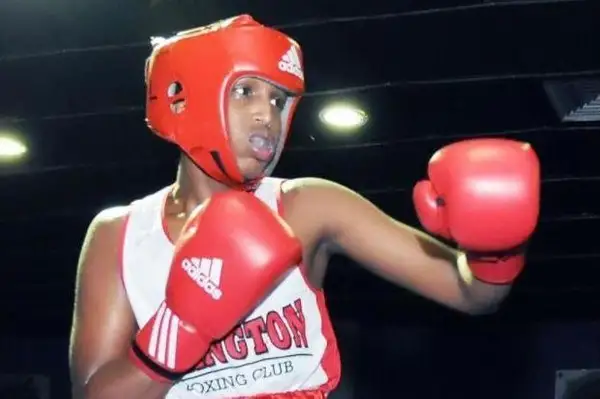Since signing with a literary agency a few weeks ago, my novel seems to have developed a momentum of its own. It’s been shortlisted in the Lucy Cavendish Fiction Award and after giving me editorial notes and the opportunity to ‘cut and dig deeper,’ my agents now feel that it is ready to submit to publishers. I know that ready does not mean the same as finished; there will be many more revisions to come and an exciting part of that will be hearing how different readers respond. I feel lightheaded at the prospect, but it is also a moment to take stock.

Soon after the shortlisting announcement, I spoke to the mother of a boy I used to teach. I asked formally for her permission to dedicate my novel to her wonderful son, Mahad, who was brutally murdered in 2017. It was a painful conversation and very different to the ones we’d had years ago. She and I spoke almost daily in the playground when Mahad was ten years old, at the beginning and end of each school day during my teaching secondment to his primary class, and more sporadically in later years at events in my secondary school.
She spoke of the devastating effect of Mahad’s murder on his brothers, how they cry for him and suffer daily. They’re heading to college and university now, but inconceivably, the ten boys and men responsible for his killing, nearly two years later, have not yet been brought to justice. It’s hard to rebuild life knowing the investigation has all but failed and the perpetrators remain in the community.
We shared our memories of Mahad as a little boy and as a teenager and she told me more about his many achievements in boxing and football. I spoke about the short-listing and how it was likely to be published and people might read about the lives of boys growing up in North London.
Our conversation made me reflect on the ethics of writing fiction. The more recognition the story is given, the more I doubt myself. Will my career as a writer be achieved, to use Kit DeWaal’s phrase, by dipping my pen in someone else’s blood? How can I write about the experience of losing a child to knife crime when my own children are running around the garden, safe and healthy and full of future? And is the voice of my mixed-race, teenage protagonist little more than literary blackface?
Kit DeWaal, author of My Name is Leon, has made an excellent contribution to writers’ understanding of the ethics of writing ‘the other.’ In her lecture, The Art of Trespass and article for The Irish Times, Don’t dip your pen in someone else’s blood: writers and the other, she usefully explains the issues for writers, calling for self-examination, meaningful research and respect. This means much more than visiting Wikipedia and YouTube; it is essential for writers writing ‘the other’ to seek sensitivity critiques and listen carefully to what is said.
DeWaal’s advice led me to ask a friend to read my novel, to give me a sense of her experience of it as a black mother of boys, and because it is about the teenage experience in London, I also asked a friend’s eighteen year-old daughter to read the story. When I handed her the manuscript I said, ‘No praise, please. Rip it to shreds,’ and she delivered. Like my young children, she is mixed-race with English-Caribbean heritage, but unlike them she is feminist, intensely political and a sophisticated A-level English student who is able to analyse weak characterisation, expose unconscious stereotyping, investigate hidden bias, call out white-saviour syndrome and the lazy use of an afro comb. The university she chooses will be lucky to have her.
My characters’ lives might be very different to my own, but I share their values, particularly the mothers in the story. Like them, I love my children, fear for their safety and miss the time when they were small enough to carry with me everywhere. Like most adults in my story, I cannot hope to understand the lived experience of a teenager today.
But it isn’t just the characters with whom I have something in common. My first readers, from mothers and teenagers to literary agents, have also felt anger for too long watching young people fall victim to the toxic effects of austerity, poverty and inequality.
We share a sense that the time to tell their story is now.
For an understanding of white saviour syndrome in popular culture, watch this parody of the US film industry: www.youtube.com/watch?v=T_RTnuJvg6U&feature=youtu.be
Nicola Garrard is an English teacher and mother of three. Her experiences teaching teenage boys for fifteen years in an inner-city London comprehensive school informed the writing of Twenty-Nine Locks. She also writes poetry and was awarded a runner's up prize in the 2018 Poetry Book Society/Mslexia Poetry Competition, judged by Carol Ann Duffy.
You can preorder 29 LOCKS here: www.hoperoadpublishing.com/29-locks